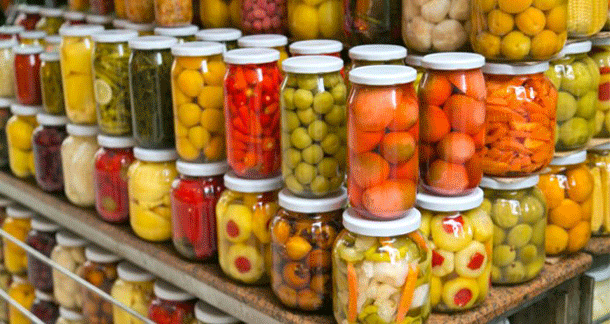Originally Published on: SpendEdge |Food Quality Control in Food and Beverage Industry:An Overview
Ensuring the safety and quality of food from production to consumption is at the heart of food quality control in the dynamic Food and Beverage (F&B) industry. Participants in the F&B food chain are under increasing pressure to demonstrate their ability to keep food safe from biological (e.g., bacteria), chemical (e.g., pesticide), and physical (e.g., metal) contaminants. With a regulatory shift from reactive responses to preventive measures, it is crucial for F&B businesses to proactively address food safety and hygiene challenges. This proactive approach not only reduces production costs but also builds goodwill and enhances demand.
Understanding Food Quality Control
Practical quality control in the food industry aims to identify, remove, and rectify various food safety hazards, including biological, chemical, or physical contaminants, defective packaging, lack of warning labels, and deviations from recommended cooking or storage temperatures.
Recent Trends in Food Quality Control
Escalating Production Costs: Contamination, such as harmful fungal toxins, insecticides, and pesticides, led to significant food recalls in early 2023. The cost of removing contaminated products poses financial challenges for F&B industry participants.
Enduring Damage to Hard-Won Brand Reputation: Immediate damage to brand perception can occur if substandard, unsafe, or culturally sensitive ingredients are revealed. Controlling food contaminants is not just a necessity but a vital aspect of brand protection.
Decreased Demand amid Alarming Contamination Recalls: Instances of product degradation lead to public outcry, brand erosion, and a drop in sales. Positive changes in quality control influence public perception, spurring demand and improving profit margins.
Food Supplier Audit Checklist
Evaluate potential vendors' food safety plans, ensuring alignment with public health protection standards. Conduct on-site third-party audits and maintain constant surveillance of control points in the F&B ecosystems.
Advancing Quality Control Technology
Investing in contemporary inspection systems, smart monitoring devices, accurate food labeling, and maintaining personal hygiene among food handlers ensures F&B outputs are safe and contaminant-free. Quality control is an ongoing journey, not a destination.
Empowering Supplier Staff with Quality Assurance Knowledge
Training supplier staff in food safety and critical food handling practices is a logical first step to ensure the highest degree of hygiene from raw inputs through production to finished goods.
Why Choose SpendEdge?
Tackling Emerging Supply-Side Risks and Threats: Our experts assist F&B market participants in identifying and mitigating specific risks, reducing production costs, and enhancing product quality.
Maintaining Positive Buyer Perception: Leveraging our supplier management frameworks, F&Bs can foster lasting relationships, regularly conducting supplier quality audits to improve brand reputation.
Stimulating Demand and Enhancing Margins: Positive changes in quality control influence buyer perception, spurring demand and improving profit margins for F&Bs.
Success Stories
SpendEdge assisted a North American F&B client in improving the nutritional value of products without increasing costs. By identifying cost-efficient contract manufacturers, the client achieved encouraging results, showcasing the effectiveness of food quality control.
A fact-based food quality check process is indispensable for F&B businesses. To explore how our insights on F&B quality control can help minimize production costs, enhance brand reputation, and improve bottom lines, contact us now.





